Initially rumored, then confirmed, and now finally put into action, Vote to Play allows gamers to vote on one of three games to be a part of the following month’s Plus free titles, with the other two receiving Plus discounts. Right on cue, comments sections were filled with readers decrying the “junk indies” and “garbage choices” that were offered as the three. In light of this, Daily Reaction is looking at the generalization of indie games and “judging a book by its cover.”
Chandler: The slinging around of the term “indie” like it’s a negative thing frustrates me. What is indie? It’s short for independent. Traditionally this is media that is unrestricted creatively by an overseeing publisher who can make certain demands and need to satisfy investors. With no publisher backing, this also typically means that the budget is lower. Graphics often take on a less important role as the central focus is on a particular creative idea or narrative message, though this isn’t always the case, as evidenced by games like The Vanishing of Ethan Carter.
No, indies are not necessarily big budget games. They aren’t Call of Duty. They aren’t Assassin’s Creed. They aren’t a variety of other massive publisher-backed games that the vocal commenting crowd also tend to complain about (I’m sensing a trend here). They are driven by passion rather than investors. So why the hate for indie titles? Why have they been cornered as something that is terrible? Any indie developer instantly has that against them, and they have to struggle and fight just to prove their place in the market, but haven’t we seen time and time again that the true innovation lies in independent development? PS Plus remains an excellent channel to offer recognition to games that may otherwise go overlooked, and at $50 a year, you can’t expect to constantly get full retail titles as one of your six free games per month.

These small studios are unafraid to fail. Actually, that’s not a fair assessment. I’m sure they are terrified of failing. But rather than being driven by investor relations or the successful sales of their product, they are driven by the heart and passion they have for the product they are creating. On the few occasions I have had to talk to Sean Murray about No Man’s Sky, he has been incredibly humble about his passion project, and has continued to devote time and resources to it, despite initially believing that no one else would like it. His zeal for the work drove him, and continues to drive him as he refuses to believe the massive amounts of hype his game is generating.
It’s an incredible thing to be so impassioned by your work. Most developers that I have talked to love the work that they are doing in the games industry, but the indie developers have that extra spark in their eye. This is more than just a job to them. There’s often much more at stake with indie development than there is if you’re working on the next Call of Duty. That’s not to belittle the guys at Treyarch in any way. They are all very passionate about their work, but they aren’t necessarily putting their next meal or mortgages on the line with each new thing that they add to their game.
Are all indie games great? No, absolutely not. There are some terrible ones out there. There are some terrible big budget titles as well. There’s a whole mess of games that fall somewhere in grand spectrum, and their place in the rankings will vary depending on which person you talk to. I’m not telling you what games you should and shouldn’t like, but the rash assumption that just because a game has a name that you haven’t heard of and is independently developers means it is terrible is wildly ignorant. It’s ok to like something a little lower budget and different. Do your homework, and if it’s not for you, leave it for the people that will enjoy it. I promise you it won’t hurt to let someone else like something you don’t.

Dan: I couldn’t agree more, but I will have to say that the concept that someone can say something is “crap” without playing it is really what bothers me the most. In an era where gamers endlessly complain about the yearly releases of the “same old games” like Call of Duty or Assassin’s Creed launching, they are also complaining about things that are completely unique and unfamiliar. I am sure many people will just discount many of the statements as trolling, but it is still a reality that many gamers make sweeping judgments based on very little information, as was seen during the PS Vote to Play news.
Instead of simply complaining about the internet being, well, the internet, I think there is a general issue with the perception and lack of understanding of demographics. Having had to review more than my fair share of games that I never would have touched if it wasn’t required for my work, I have both been incredibly surprised or proven to be right about having low expectations. What this has taught me is that, while some games are not designed for me, it doesn’t mean that there cannot be beauty to be found in products that are made for someone else.
As can also be seen in reviews, there are opinions that I can trust to give me a better understanding of what a title may have to offer, but that is an opinion of someone else that still leaves me with only a partial picture of what I will personally see out of a product. In general, AAA titles are easier to understand, as their design is usually with a more broad approach in hopes to captivate a wider audience. Meanwhile, indie titles are a bit more subjective and require less of an audience to turn a profit, which means that they can be a harder experience to pin down without playing them yourself.

If you tried to describe some of the biggest indies out there today you would find that people would be uninterested and look at you like you just hung up your controller to play Angry Birds, which is actually a great mobile title. One such game called Rocket League is doing exactly that right now. Being something that could be described as little more than rocket powered cars playing soccer, gamers could easily see this being a kids game or something with little merit and they would be completely wrong. This idea can also be applied to titles like Journey or even Portal, as to fully understand them, you need to really give them a chance.
Taking things even a bit further, while AAA titles can also be easier to understand, they also can offer an experience that only those willing to dive into it will get. Having heard countless times that people have experienced all of what Destiny has had to offer within the first week, I can honestly tell you that they haven’t. They just simply haven’t. As more games are moving to more social climates, the amount of content a player will be able to experience extends far beyond what has been laid out on the tried and true paths that paved the way for older games. Moving forward, gamers are going to have to eventually learn that gaming is coming in all shapes and sizes, and while some things may look like something else, you can never know that until you actually see for yourself.
Has an experience with any indie game ever surprised you? Do you give indie games a chance, or at least do your homework on them first? Let us know in the comments below, email us at DailyReaction@PlayStationLifeStyle.net or check us out on Twitter @Foolsjoker and @Finchstrife.
Check out more of us reacting daily on Daily Reaction here.
Daily Reaction: The Slideshow
-
Are Villains Really the Star of the Show? – The Joker, Call of Duty and Until Dawn
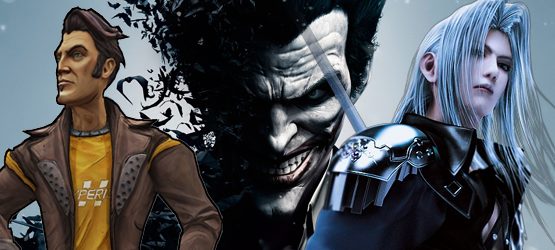
A great hero is nothing without an opposing force to drive him, her, or it forward, and we explore the villains, antagonists, and foes in both likely and unlikely places.
-
PS Plus Vote to Play – Are We Generalizing Indie Games?
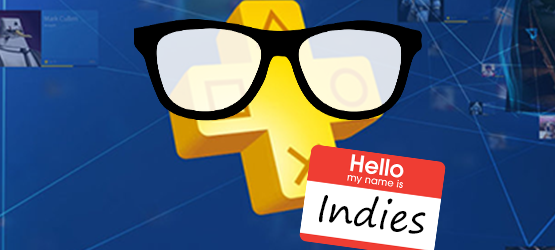
The term "indie" has been slung around the industry to mean low budget garbage, but are we being unfair to a subsection of the industry that leads in innovation and creative freedom?
-
How Sharing Is Changing the Industry – PSN and the Share Button

The ability to easily share our experiences has vastly changed how we game and how the rest of the world perceives video games. Just how much is sharing changing the gaming landscape?
-
Cracking Down on Xbox One Cloud Computing
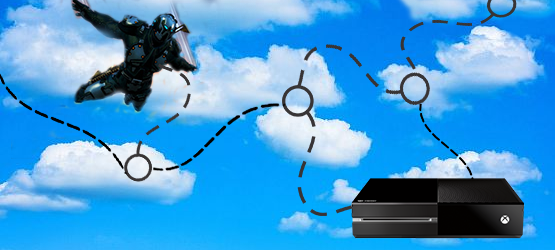
Despite the punny title referencing Crackdown 3, we actual drool over the possibilities that the cloud can offer as Microsoft shows off their latest footage featuring multiple servers worth of full destructibility in the world, while we also cite some minor concerns we may have with the tech.
-
Microsoft’s gamescom 2015 Press Conference Impressions
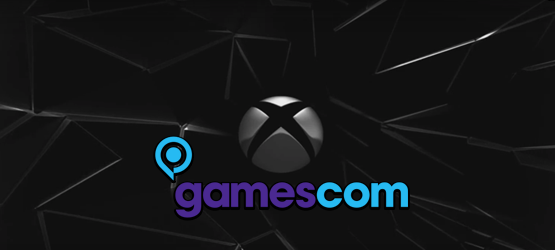
Microsoft finished their 2015 press conference at gamescom and it was a solid showing. Here are our blow-by-blow impressions of what Microsoft had to show off.
-
Guitar Hero Live and Rock Band 4 – Rhythm Games’ Encore
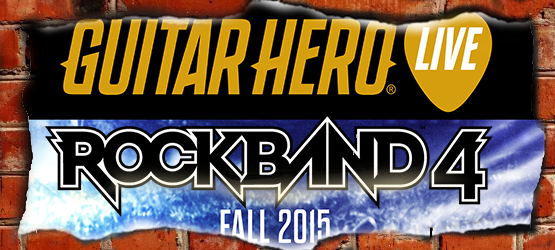
Rhythm games are coming back, but do gamers want the encore? Find out more about our history with the genre and what we are (or aren't) looking forward to when plastic instruments make a comeback.
-
Can a PlayStation Plus Voting System Make Gamers Happy?

Trying to appease unhappy gamers, Sony is giving them a choice to vote on the free Plus games for certain months. Will gamers still find a way to complain, or will this help ease the pain of feeling slighted by "bad offerings?"
-
Ouya’s Downfall and the Home Console Market
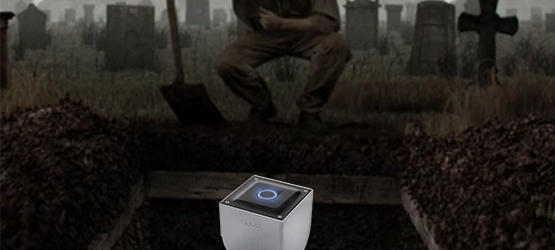
R.I.P. Ouya. We hardly even knew ya. In this edition we throw back all the way to the first Daily Reaction that talked about the Ouya and how it might be able to alter the gaming landscape. Have our views since then changed?
-
Are Gaming Accessories Important? VR, Fight Sticks and Gaming Headsets

Peripherals such as headsets, VR, plastic instruments, and motion wands can alter the way that we experience games, but are they required or even important to the gameplay experience?
-
Console vs PC: Rounds 1 and 2

Read the Daily Reaction Part 1 here.
Read the Daily Reaction Part 2 here.Console gamers and PC gamers often butt heads on which is better, but which one is truly the victor? We examine the pros and cons in multiple aspects of these platforms in this two part article.
-
Kickstarting Shenmue III, Broken Age, and More – Money Where Your Mouth Is
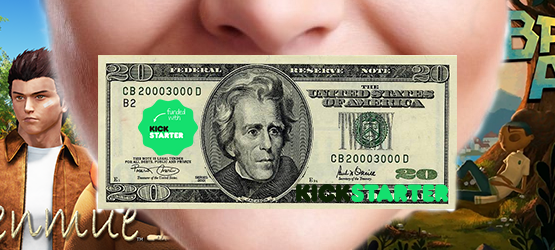
Kickstarter is a platform that can be used to gauge market interest by requiring consumers to put their money where their mouth is. Is this a good home for games that are demanded, but may not be financially viable?
-
How Important Is 1080p and 60fps and Overall Graphical Fidelity?
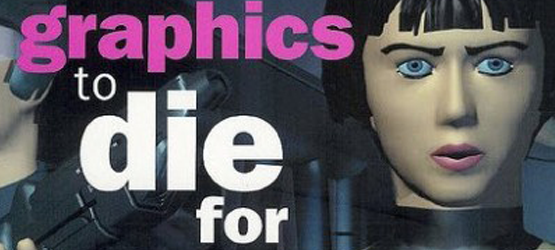
Graphics and visual fidelity are a massively debated factor in games, with some people attributing a high value to the magic numbers of 1080p and 60 frames-per-second. Is there a point where visual fidelity just isn't as important as other factors?
-
Clamoring for Information: The Desire to Know More
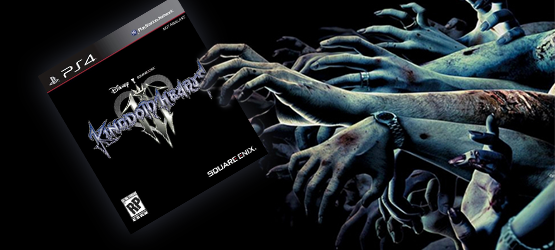
We're constantly pawing at any new bit of information that we can find out about games, but the information ebbs and flows in our industry. Does our desire to know more cause releases to be little more than a flash in the pan?
-
Remembering Our Giants – The Loss of Nintendo’s Satoru Iwata
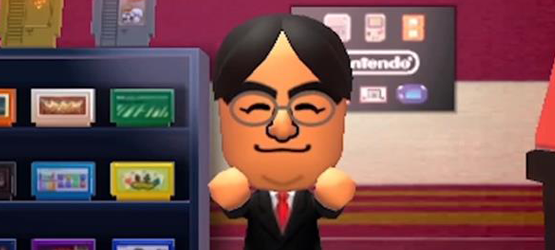
Nintendo's President and CEO has passed away, which makes us realize the fragility of life and relative infancy of the gaming industry.
-
A Dangerous Minefield of Video Game Spoilers
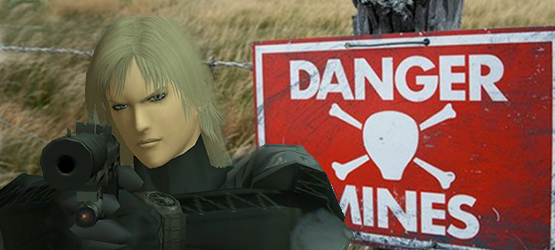
There are certain parts of an experience that hinge on the unknown, the mystery, and the surprise. Metal Gear Solid 2 swapping Snake out for Raiden? Aeris' fate in Final Fantasy VII? These are just a small sampling of the kinds of things that can have an impact if they are spoiled prior to a first experience and we're looking at how the unknown crafts a sense of wonder.
-
PSN Down - Does it Matter?
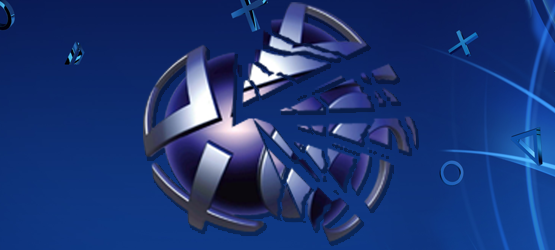
So the PSN is down again. Maybe not right now, but if history has taught us anything, it's that Rome wasn't built in a day and the PSN goes down periodically. Does the loss of our network connection really matter that much though?
-
The Last of Us 2: What We Want and What We Don't
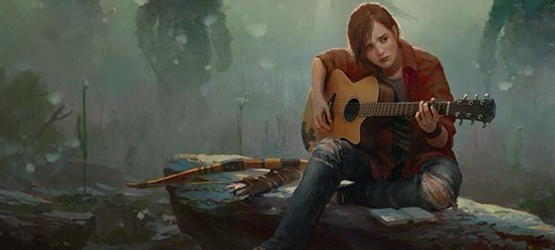
Nolan North has seemingly outed the existence of The Last of Us 2, and while Naughty Dog and Troy Baker both claim ignorance, we wanted to share our conflicting thoughts on what we want and what we don't want in a sequel to one of the greatest PlayStation games ever.
-
How Technology Will Push the Horror Genre Forward
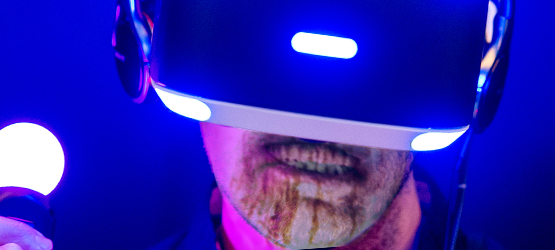
P.T. may be a distant memory, but new and coming technologies could change the face of horror games as we know them, allowing for fresh and immersive ways to be scared.
-
How Early is Too Early to Announce a Game?
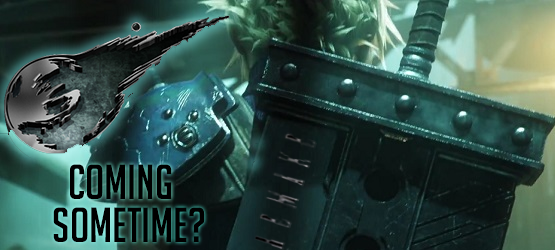
When should developers and publishers reveal their games? Can the strategy for timing between reveal and release impact a game's development and sales performance?
-
Has Nintendo Stepped Down From the Big Three?

Nintendo, Sony, and Microsoft have long been considered the "Big Three" in the console games market, but has Nintendo abandoned their seat at the table?
-
Is Backwards Compatibility Forward Thinking?
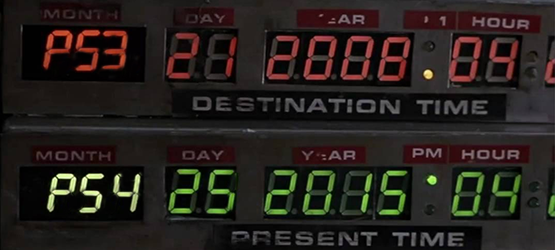
Microsoft announced backwards compatibility for the Xbox One at E3 2015, but is the time and money spent to make it happen forward thinking for the console market?
-
Oculus Rift vs. Project Morpheus - Pre-E3 Announcements
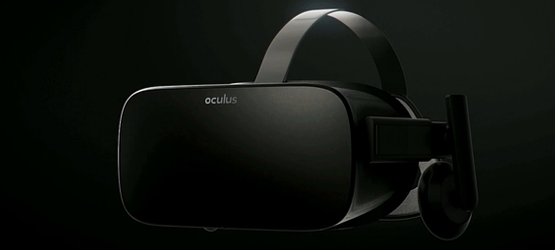
Project Morpheus and Oculus Rift are the primary contenders in the battle fro VR supremacy, and we compare the currently known specs and features.
-
Games, by Gamers, for Gamers
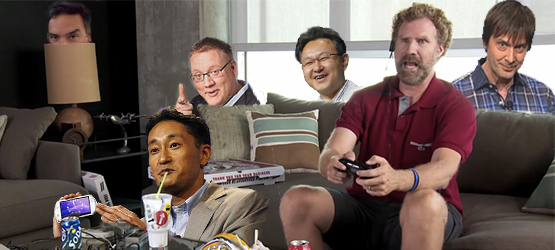
Many of the video game industry's biggest names are gamers themselves, and we talk about the importance of games by gamers, for gamers.
-
The Evolution of Discovery

Games have become about something more than simple high scores or arcade competition. We explore the evolution of the ability to discover in video games.
-
Countdown to E3 2015: Tips on How to Spend the Next 10 Days
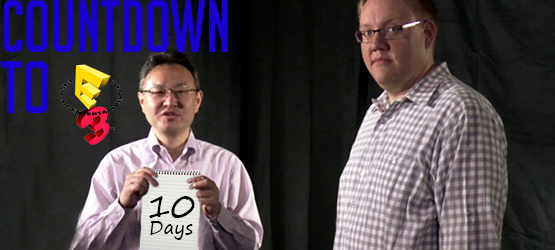
The wait for E3 can be a difficult one, so we're offering you some ways that you can make the wait more bearable. Are you reading this after E3? There are still plenty of entertaining pictures to accompany each suggestion. You can't go wrong with a Reggie Photoshop!
-
The Pros and Cons of App Based Extended Content
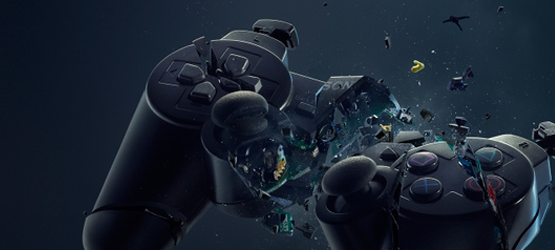
Some games have expanded beyond the screen in our living room by allowing our phones to connect with the game. Which ones are successful and which ones are unnecessary?
-
The Strategy Behind Having E3 Press Conferences
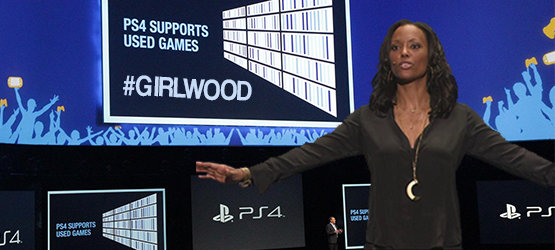
May I have your attention please? If you'll direct your eyes to the center of the stage, we'll be talking about why the major players in the industry hold E3 press conferences.
-
The Difficulties of Keeping an Embargo

As games journalists we have access to privileged information that we may not be able to reveal. Finding a balance between bringing content to our readers and maintaining positive PR relationships is crucial to our continued operation.
-
Unfair Bullying of Developers Over Game Updates
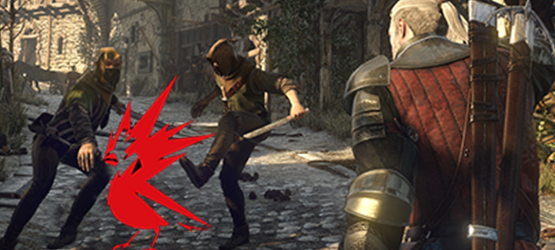
Game updates can create a stream of consciousness that a game is broken or that a developer took the lazy route during development. Is this treatment fair, or is the advancement of technology to allow for these updates an incredible thing?
-
Tempering E3 Expectations
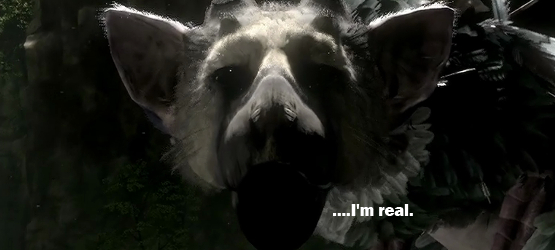
Building up expectations to unreasonable levels can lead to disappointment when they are not met. Expect us to talk about tempering those expectations to enjoy every announcement, even the unexpected.
-
Evaluating The Witcher 3's Graphical Downgrade
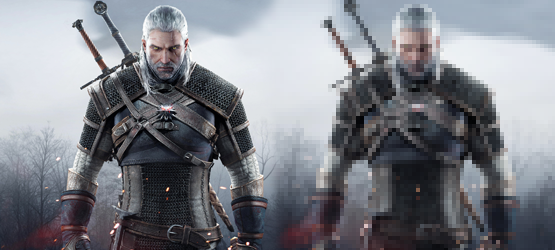
Accusations of The Witcher 3 being downgraded graphically from its reveal trailer have caused a bit of a stir, and we're taking our own look at the claims.
-
The Adventures of Dynamic and Static Storytelling

Dynamic storytelling allows for more player freedom, but limits the kind of story you can tell. Static Storytelling let's creators have control of the story, but is an on-rails experience for players. Which is preferred?
-
Reigniting Destiny's Fire with House of Wolves

Did Destiny's second expansion reignite a fire that was snuffed out by The Dark Below?
-
Why Microsoft has the Right to Brick Consoles
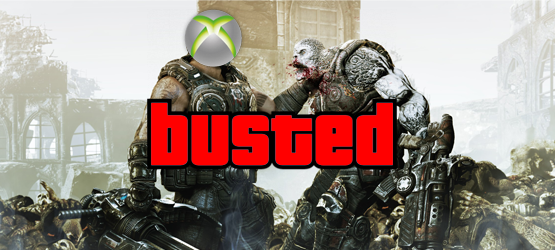
Do you ever read the terms of service? perhaps you should start, because we're looking at why companies may have the right to lock you out of content you think you own.
-
Always Online - The DRM Compromise
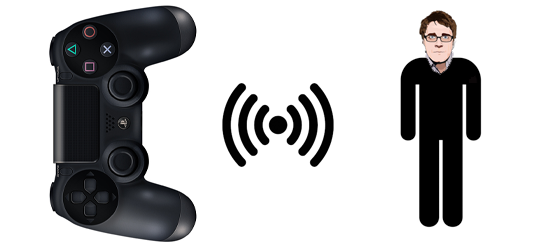
Advancements in technology are giving us increasingly connected worlds in our games, but are online components just hiding Digital Rights Management?
-
The Value of Gaming - How Much is Your Time Worth?

We spend a lot of money and time on our favorite hobby, but how do we measure the value of the money and time we spend on the games that we play?
-
The Backlog Problem
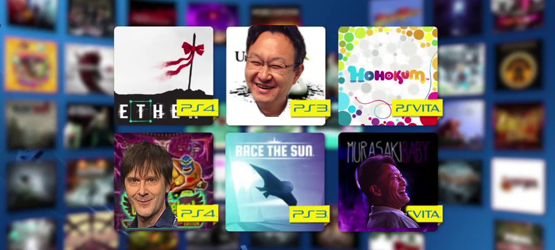
More and more games are coming out, more than we have time to play. With the rising number of games, there is also an increase to games that we want to play. Do we go back, or do we leave them behind?
-
Narrative vs. Experience - How are the Best Stories Told?
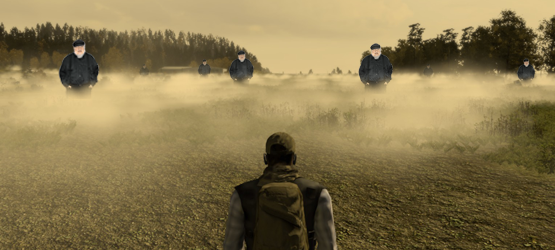
Would you rather be told a story or experience it for yourself? Is there a balance in a game telling you about a narrative point versus playing through it?
-
What Makes a Perfect Star Wars Game?
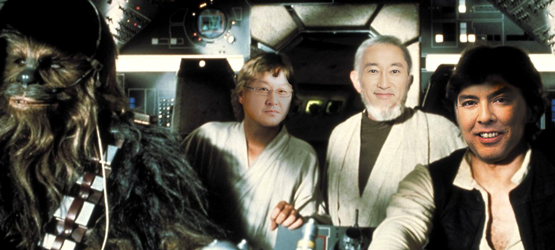
Everybody loves a good Star Wars game, but what makes the best Star Wars game? We take a stab at what we want to experience and what combined elements would bring balance to the Force.
-
Has PlayStation's Powers TV Show Failed?
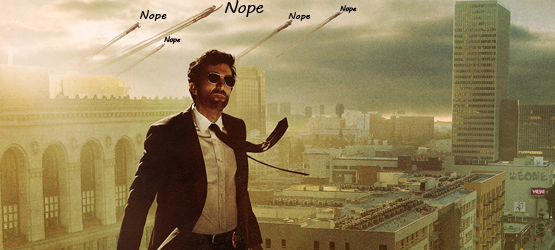
Numerous mixed reviews and a lack of solid marketing have left the critical future of Powers in limbo. Though there will be a season two, we explore whether the series has already failed in its intention to bring a streaming exclusive to the PSN.
-
Information Leaks - Do They Hurt the Industry?

Games are a huge endeavor, and as such, information is not easy to contain. If something gets leaked outside of marketing's planned strategy, how does that impact the developer, publisher, and the rest of the games industry?
-
HD Remastered Edition - Does Recycled Content Hurt the Industry?
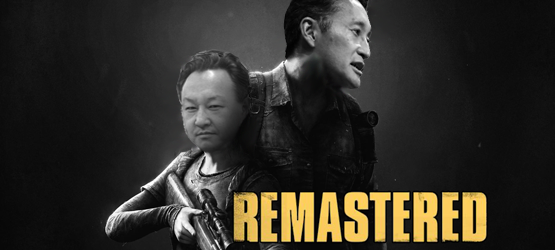
Daily Reaction is back in a new form, and our first post is talking about HD remasters and the trend of making what's old new again. Should we be living in an HD version of the past?





